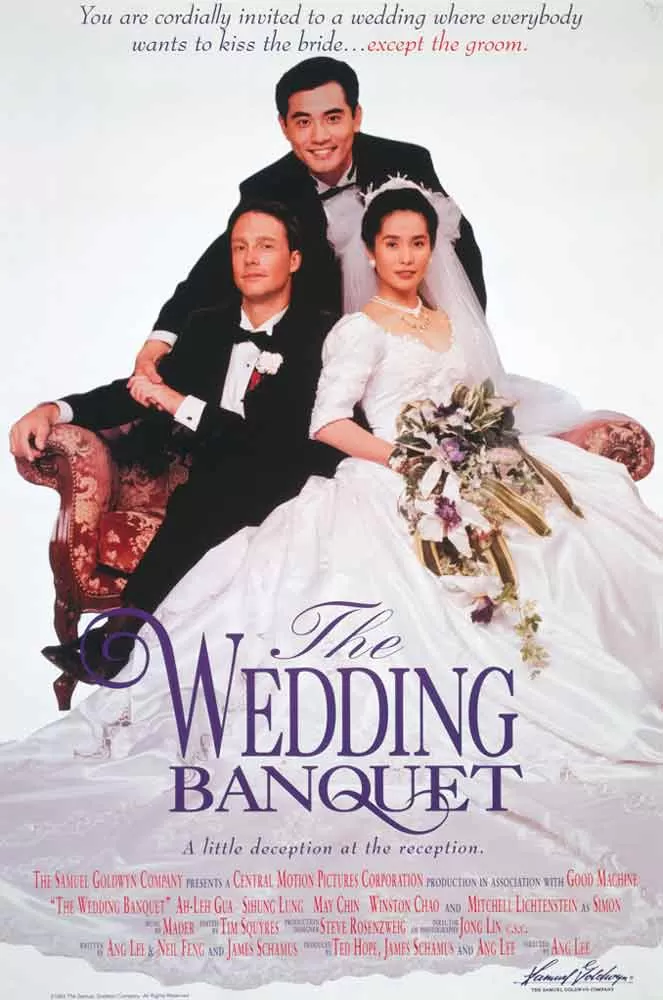
A Deceptive Celebration: Love and Chaos in “The Wedding Banquet”
Picture this scenario: your parents insist on seeing you married, yet you’re perfectly content in your current relationship. The logical solution? Orchestrate an elaborate sham wedding. Ang Lee’s 1993 film “The Wedding Banquet” explores this premise with remarkable depth, blending humor and heartfelt emotion. Though produced on a modest budget, this early work from the acclaimed director of “Brokeback Mountain” surpasses many big-budget romantic productions in emotional resonance.
The Groom’s Dilemma
Wai-Tung, a Taiwanese-American professional in New York, enjoys a stable life with his partner Simon. Their domestic bliss faces disruption when Wai-Tung’s traditional parents demand he take a wife. Simon proposes an unconventional solution: a marriage of convenience with Wei-Wei, their tenant and aspiring artist needing legal residency. This arrangement promises to satisfy everyone—until unforeseen complications arise.
An Unplanned Extravaganza
The initial scheme involved simple paperwork, but spirals into chaos when Wai-Tung’s parents arrive from Taiwan determined to host a proper wedding celebration. The resulting banquet becomes a spectacle of cultural expectations—complete with elaborate ceremonies, crowds of guests, and an absurdly voluminous bridal gown.
Beneath the comedic surface lies profound emotional complexity. Silent moments speak powerfully: Simon’s concealed anguish witnessing the ceremonial kiss, or the father’s quiet tears of (misplaced) joy. These nuanced scenes elevate the film beyond simple farce.
Performances That Resonate
The cast delivers exceptional performances. Winston Chao portrays Wai-Tung with compelling authenticity, balancing charm with inner conflict. Sihung Lung embodies paternal authority with remarkable subtlety, while Mitchell Lichtenstein’s Simon combines humor with emotional depth.
The film’s brilliance emerges in intimate scenes—awkward family dinners laden with unspoken truths, and that unexpectedly consequential wedding night. Memorable dialogue includes:
“Don’t worry, Mom. In America, people get divorced all the time.”
“I love him very much… in my own way.”
Laughter With Depth
While undeniably humorous, the film thoughtfully examines cultural identity, familial expectations, and the universal struggle for authenticity. Rather than overt messaging, it employs carefully crafted moments that collectively deliver profound impact.
Enduring Relevance
Three decades after its release, critics and audiences alike consider “The Wedding Banquet” an underappreciated classic. Contemporary viewers particularly appreciate its authentic portrayal of Simon—the devoted partner who endures quietly. Many recognize it as one of cinema’s most nuanced explorations of cultural tradition clashing with personal identity. The film achieves remarkable emotional resonance through restraint rather than grand gestures.
Final Verdict
For viewers seeking intelligent LGBTQ+ cinema that balances humor, cultural commentary, and emotional authenticity, “The Wedding Banquet” remains essential viewing. Beyond its deceptive premise lies a richly layered story about love, family, and self-discovery—proving some truths emerge most clearly through carefully constructed fictions.


